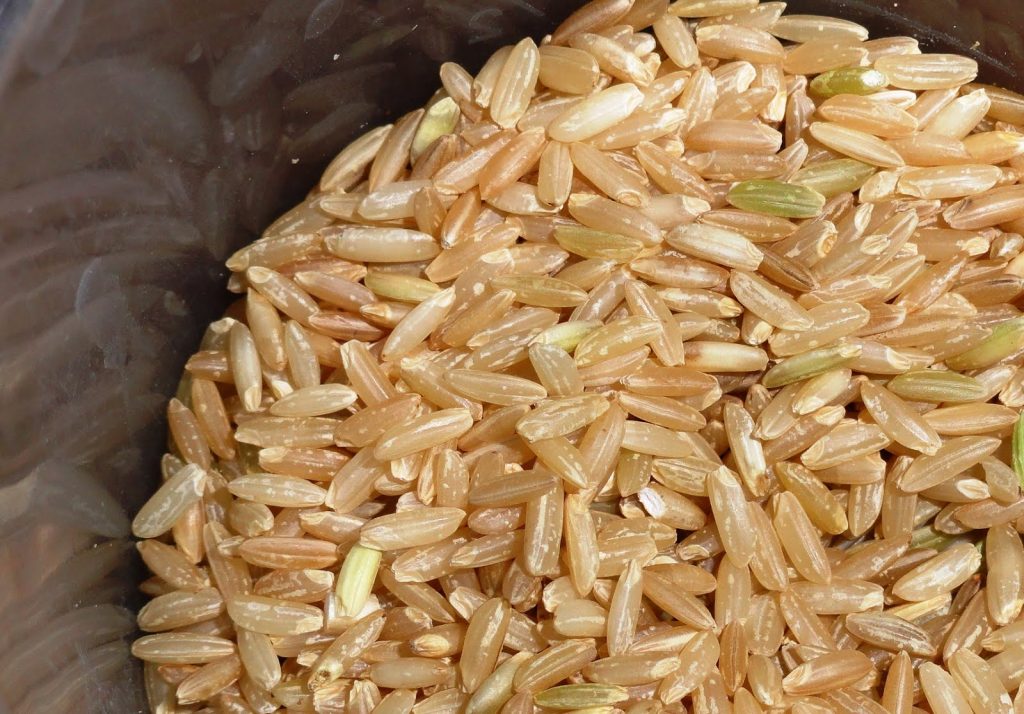The Environmental and Health Impact of Organic vs. Conventional Brown …
페이지 정보
Arielle 0 Comments 2 Views 25-10-09 06:34본문

The farming methods used for brown rice has a substantial effect on the environment, human health, and long-term food security. Sustainable brown rice production eschews artificial chemicals and lab-made nutrients, relying instead on natural methods like compost, crop rotation, and biological pest control. Such practices help maintain healthy soil structure, support biodiversity, and reduce water pollution.
Growers adopting organic standards often see slower initial yields, but over time the soil becomes more fertile and resilient, leading to more stable harvests even during droughts or extreme weather.
Conventional brown rice farming, on the other hand, commonly relies on manufactured nutrients and toxic sprays. Such chemicals can lead to boosted seasonal output, but they impose hidden consequences. Runoff from fields can carry chemicals into rivers and lakes, harming aquatic life and contaminating drinking water. Through continuous exposure can weaken the earth’s natural nutrient cycling, forcing farmers to rely on ever more chemicals.
Farmhands in chemical-dependent operations may also be subjected to hazardous compounds if adequate protective protocols are ignored.
From a nutritional standpoint, organic and non-organic brown rice varieties offer similar amounts of fiber, vitamins, and minerals. However, organic brown rice tends to have significantly reduced chemical contamination, which may be a concern for consumers who want to minimize their exposure to synthetic chemicals. Emerging research indicates organic grains may have higher antioxidant levels, though scientific consensus has yet to be firmly established.
From a financial perspective, organic rice often commands a higher price in the market. This offers financial rewards to those embracing eco-certification and regenerative methods. But the transition from conventional to organic farming takes extensive resources and long-term planning, and many subsistence growers lack capital, training, or infrastructure.
Industrial rice production may be logistically simpler for immediate needs, especially in communities under pressure to maximize output.
In the broader context, selecting one farming model over the other reflects deep societal priorities regarding food, ecology, خرید برنج قهوه ای and equity. Organic methods prioritize long-term ecological balance and human health while conventional methods often focus on immediate efficiency and output. There is value in both approaches, but as ecological crises accelerate, leading scientists argue that transitioning to regenerative agriculture is critical for feeding future generations safely and sustainably.
댓글목록
등록된 댓글이 없습니다.